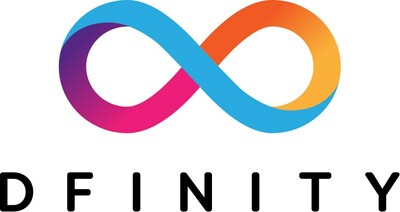In a transformative leap towards the future of healthcare, the Norwegian Centre for E-health Research is spearheading a pioneering initiative that employs Artificial Intelligence (AI) to revolutionize breast cancer diagnosis. With an annual screening volume of 250,000 women and a resulting dataset of 1 million images, the aim is not only to enhance the accuracy of diagnostics but also to alleviate the strain on radiologists, optimizing healthcare services for half of Norway’s population.
AI-driven efficiency and quality enhancement
The innovative AI solution unfolds as X-ray images captured at hospitals are seamlessly transmitted to a sophisticated cloud-based service. Here, cutting-edge algorithms meticulously analyze the images, generating AI-driven responses that are then stored in a meticulously organized image storage system. This novel approach not only promises to streamline patient pathways but also aims to significantly improve the quality and efficiency of diagnostic procedures, marking a paradigm shift in the traditional radiologists’ workflow.
Head of the Department of Diagnostic Imaging at Vestre Viken Hospital Trust, Jon Haakon Malmer-Høvik, Head of the Department of Diagnostic Imaging at Vestre Viken Hospital Trust, emphasizes the transformative potential of AI, stating that their vision is for AI to enhance the daily work experience for radiologists by providing valuable professional support in managing the substantial volume of diagnostics. While acknowledging that AI may not address all challenges, he highlights its undeniable and significant contribution to the field.
The AI infusion in radiology
Artificial intelligence presents both complex hurdles and high expectations when it comes to radiology. Prominent academics at the Norwegian Centre for E-health Research are absorbed in the never-ending quest for follow-up studies, painstakingly supervising the incorporation of AI within the sacred corridors of the Diagnostic Imaging Department at Vestre Viken Hospital Trust.
In this scholarly endeavor, Line Silsand, a seasoned researcher within the Department for Patient Pathways, ardently emphasizes the paramount significance of delving into the myriad opportunities and challenges that the advent of AI unfolds upon the intricate stage of medicine.
Silsand strongly emphasizes that artificial intelligence holds the potential to expedite the early detection of ailments, enhancing patient survival rates. Also, she underscores its pivotal role in optimizing patient prioritization, ensuring timely and appropriate healthcare services. She underscores the imperative nature of conducting exhaustive research into the intricacies of clinical application processes, a prerequisite for the safe and efficacious deployment of AI.
Silsand, with an acute awareness of the multifaceted landscape encompassing information and communication technology security, data quality, privacy, ethics, and organizational dynamics, affirms the necessity of navigating this complex terrain to harness the transformative power of AI in the medical domain.
The evolving role of AI-assisted diagnosis in Norway
As Norway strides boldly into the future of healthcare, guided by the beacon of AI-assisted diagnosis, myriad questions emerge. How will the successful integration of AI reshape the intricate reality of medical diagnostics, and what nuanced challenges must be navigated to ensure its ethical and effective implementation?
The journey towards a more efficient and technologically advanced healthcare system unfolds, with researchers and practitioners standing as vanguards in this transformative wave, reshaping the narrative of patient care in the digital age.





